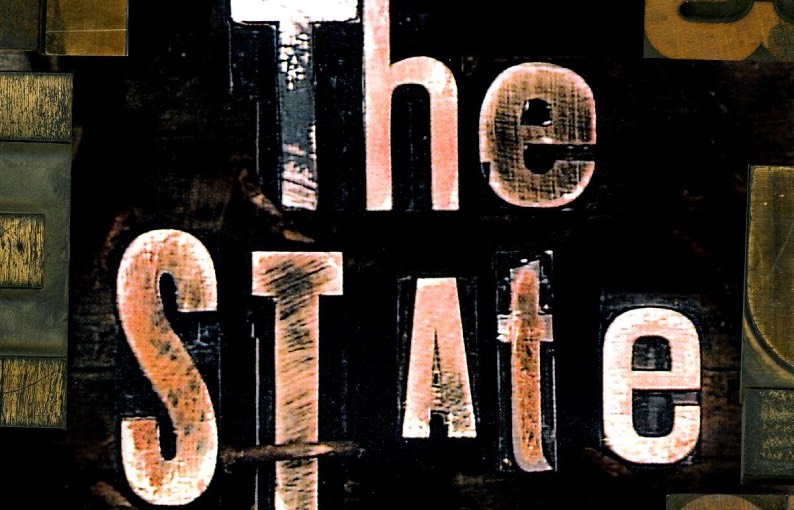(Part 1)
Regarding the decision-makers of the world, impunity for the crime embeds itself in the long term in institutions and the international order, mediating state relations making them indirect accomplices of the executioner because it grants them the last word, the word that remains in history.
Gaidz Minassian
Since Armenians’ 2020 defeat in Artsakh (Nagorno-Karabakh), an existential crisis has erupted within the public discourse. The shockwave produced by this trying time has compelled Armenians to ask hard questions and face these issues.
With the backdrop of the war in Ukraine, Azerbaijan’s aggression against Armenia raises many questions that can be organized into seven points: impunity, neutrality, legality, security, unity, reality, and sovereignty.
Impunity
Armenians are exhausted from the constant existential threat by violent actors like Turkey, Azerbaijan and all affiliated groups that have massacred and persecuted Armenians around the world without the slightest restraint or reprisal from world powers, as if the destiny of an Armenian is to be silent, to die, to convert or to flee. With this kind of impunity, aggression against Armenians is common currency––validated—if not outright legitimized. The trivialization of the crimes then settles in the minds of the executioner, public opinion and the decision-makers of this world. On the executioner’s side, impunity cultivates hatred towards Armenia.
Regarding public opinion, impunity rhymes with indifference and laziness of thought. Regarding the decision-makers of the world, impunity for the crime embeds itself in the long term in institutions and the international order, mediating state relations making them indirect accomplices of the executioner because it grants them the last word, the word that remains in history. Enjoying such impunity ultimately becomes an instrument for resolving the Armenian problem: “I kill the Armenian because I know that my heinous crime will go unpunished, that indifference will prevail, and that the international system protects me by its indirect complicity.” The proof? Officially, between 1894 and 1917, 1,780,000 Armenians were massacred. Who lifted a finger to put an end to these massacres, this genocide? Nearly 80,000 people were killed per year for 23 years, with no one stopping these crimes against humanity. That impunity becomes structural in Turkish and Azerbaijani state apparatuses and their civil societies. It has a name: racism. We move from “orders to kill the Armenians” to “the right to kill them behind closed doors.” Is the “never again” of statesmen pronounced on the occasion of a commemoration of the genocide worth anything when perpetrators are not held accountable? The question was asked in 1894, 1909, 1915, 1918, 1920, 1955, and it was asked again in 1988, 1990, 1992, 2020 and now in 2022. As long as Armenians have not made impunity for the crime perpetrated against them the axis of their common fight and the keystone of their identity reconstruction, their collective problem will persist and the question of self-confidence and towards the big ones will always arise.
To be continued

